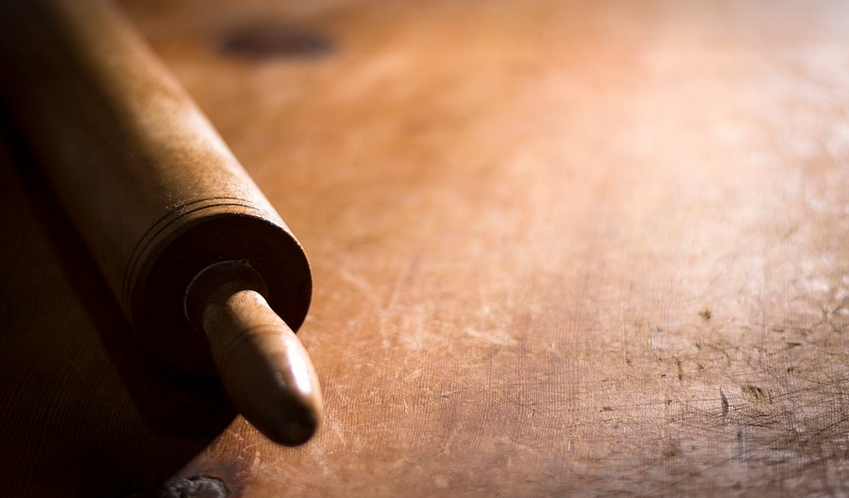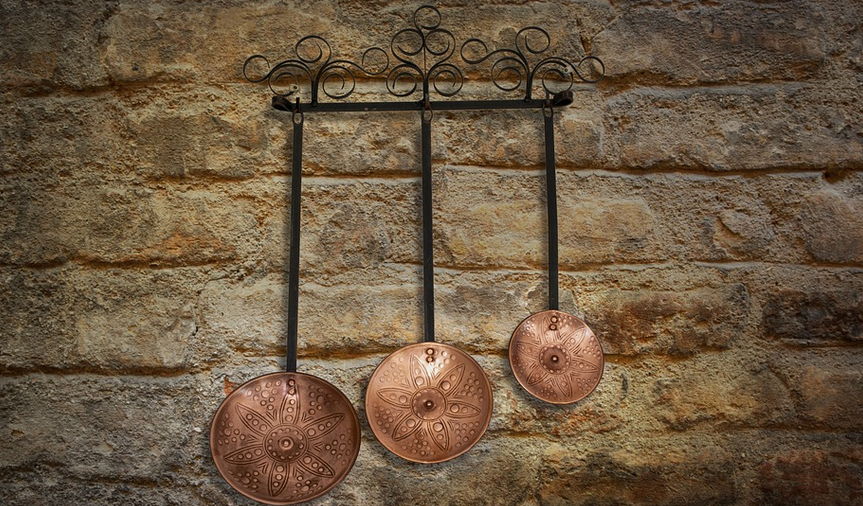Can You Brush Out A Cavity?

A Quick Look at Cavities and Brushing
Have you ever seen a TV commercial where someone uses a toothbrush to magically fix a cavity, a tiny hole in your tooth that’s causing pain or even making it hard to chew? Well, unfortunately, the answer is: no. You can’t brush out a cavity.
Cavities: The Basics
While brushing is crucial for maintaining good dental health and preventing further issues like cavities, it’s important to understand that cavities are very complex and require professional intervention. When we talk about “cavity,” we mean an area of your tooth where the enamel – the hard outer layer protecting your teeth – has been broken down by acid from bacteria in your mouth.
Cavities don’t just appear overnight; they form gradually, often as a result of poor oral hygiene and our diet choices. Bacteria in your mouth constantly feed on sugars and starches you eat, producing acids that slowly erode the enamel over time. Eventually, these tiny holes start to develop, leading to cavities.
The Role of Brushing
Now, brushing plays a vital role in preventing further decay by removing food particles and plaque – the sticky film that harbors bacteria. Brushing helps control this and ensures your mouth is clean but it doesn’t remove existing cavities.
Think of brushing like a shield against harmful bacteria. It’s our first line of defense in the constant battle to protect our teeth from decay. When you brush, you are actively fighting off these acid-producing bacteria, keeping them under control and preventing further damage.
The Real Deal: How Cavities Are Fixed
So, what happens when a cavity develops? It needs professional attention. A dentist uses specialized tools to remove the decayed enamel and fill the empty spaces with a material called dental cement. This helps protect your tooth from further damage and prevents bacteria from entering the underlying layer.
Here’s where a visit to the dentist comes in handy: The dentist can identify, diagnose, and address cavities through various techniques. They use X-rays to get a clear picture of the cavity’s extent before deciding the best approach for removing it, filling it, or potentially even performing root canal therapy.
What About Prevention?
The good news is that you can prevent cavities with proper care and maintenance. Brushing twice daily, flossing regularly, and limiting sugary snacks are all essential for maintaining healthy teeth. Don’t forget to visit your dentist for regular checkups!
A lot of times, people think they can simply brush out their cavities – that a little more attention will do the job. But the truth is: brushing alone can’t fix cavities. They need professional intervention to be treated effectively.
Why See a Dentist?
Just like regular check-ups for your overall health, seeing a dentist regularly is essential for maintaining optimal dental hygiene. Your dentist can identify any potential problems early on and provide you with personalized recommendations. It’s their expertise that allows them to fully address any issues and recommend the best course of action.
Brushing: A Healthy Habit
So, when you brush your teeth, remember it’s not about magically fixing a cavity, but rather about maintaining good oral hygiene. Brushing helps control bacteria and prevents further decay by removing food particles and plaque. It’s an essential part of keeping your mouth healthy.
Think of brushing as the foundation of your dental health routine; it’s about preventing cavities in the first place or managing existing ones with professional help. Remember, your dentist is your partner in achieving optimal oral hygiene and a healthy smile for years to come.


